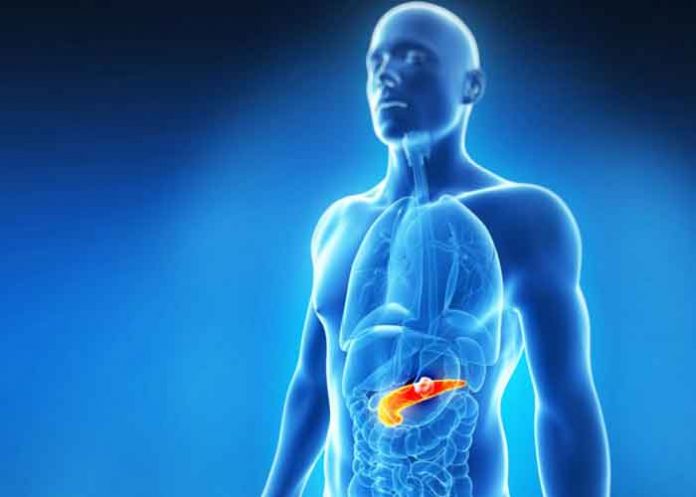London, Jan 23, 2021-
Researchers have identified a protein that may represent a novel therapeutic target for the treatment of pancreatic cancer.
Using this protein as a target, the team successfully created a CAR T cell therapy — a type of immunotherapy — that killed pancreatic cancer cells in a pre-clinical model.
“This is an exciting development,” said John Marshall, Professor from Queen Mary University of London.
“Finding that CEACAM7 allows us to kill pancreatic cancer cells specifically with CAR T cells while having no significant toxicity in non-tumour tissues, gives us hope that this strategy could be effective in the future,” Marshall added.
CAR T cell therapy is an immunotherapy that has shown great promise for the treatment of some blood cancers; however, the treatment of solid tumours using this therapy has proved very difficult.
One barrier to success is toxicity in tissues other than the cancer because most of the proteins currently used to target CAR T cells to pancreatic cancer cells and other solid tumours are present in low levels on other normal tissues, leading to toxic side effects, the researchers said.
In this study, published in the journal Clinical Cancer Research, the team identified a protein called CEACAM7 that may represent a safer treatment target for the development of therapies against pancreatic ductal adenocarcinoma (PDAC), the most common type of pancreatic cancer.
By using a specialised technique called immunostaining, the team examined a panel of human PDAC samples, and normal tissues for the presence of CEACAM7.
A large subset of PDAC samples tested expressed CEACAM7, but the protein was undetectable in a panel of normal tissues including tonsil, lung, liver, and prostate, suggesting that CEACAM7 may be an ideal target for CAR T cell development against pancreatic cancer.
To determine the potential of CEACAM7 as a treatment target, the team developed CAR T cells targeted to CEACAM7 and applied these to PDAC cell lines as well as a preclinical model of PDAC.
The CAR T cells effectively targeted the CEACAM7-expressing cells in PDAC cell cultures, and eliminated cancer cells in a late-stage preclinical model of PDAC. (Agency)







































































